The One Problem With the Marvel Cinematic Universe That Everyone Overlooks
The Marvel Cinematic Universe has brought us some great movies, but it fails to address one underlying issue.
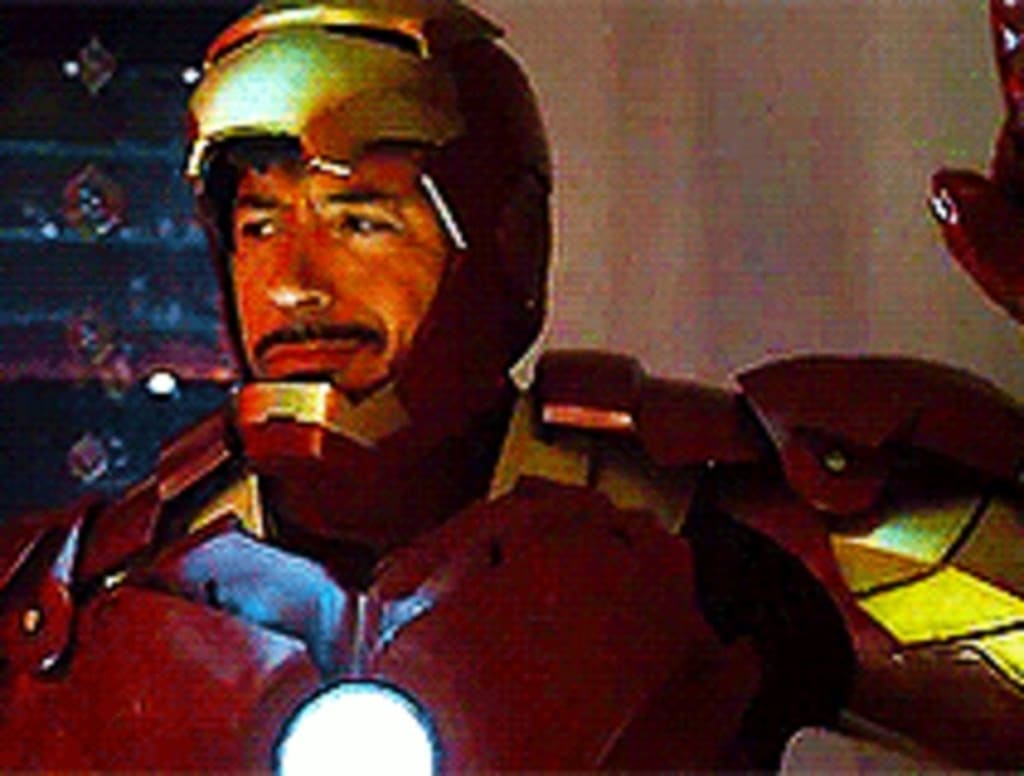
Captain America: Civil War is undoubtedly one of this year's most anticipated movies. The latest trailer for the superhero epic exploded onto the internet last week, and the wait lessens ever more as excitement grows and grows.
We know what to expect from Marvel by now, and Civil War looks set to satisfy us once again, with its humour, colourful characters and dazzling effects in climatic showdowns.
Cannily developing its expanded universe since 2008 and being regularly praised for its casting, the talent of its actors, revitalising the career of Robert Downey Jr. and making superstars out of Chris Hemsworth and Chris Pratt, Marvel has indeed achieved a great deal.
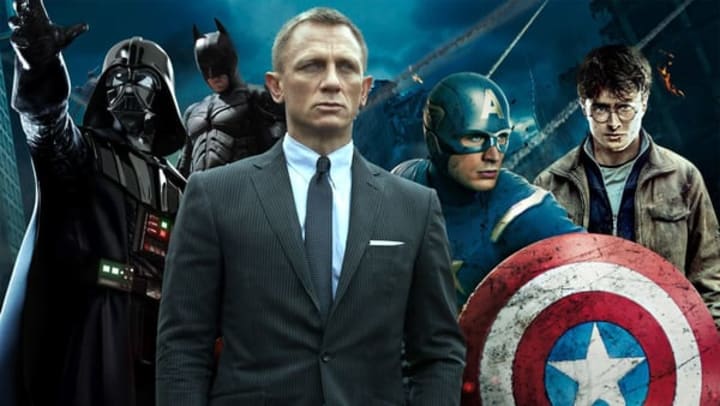
It has swiftly joined the pantheon of other revered blockbuster franchises such as Star Wars, Harry Potter and James Bond, yet there is an area of its screen universe which desperately needs remedying: its soundtracks.
Some would argue that this is a non-issue, and that soundtracks are not an essential part of what makes a movie essential...though this is not quite the case.
Music has long been an important part of film, since it emphasises the emotional core of the story and gives both flavour and character to the movie and its protagonists. It also establishes an accompanying continuity, and can subtly foreshadow or highlight parts of a film that may or may not be noticed.
Whether it is a musical, where songs written specifically for the film to factor into the plot (Grease, 1978), a movie where songs already released feature to heighten the film ('Careless Whisper' by Wham featuring in Deadpool, 2016) or an original orchestral score (E.T. the Extra-Terrestrial, 1982) music is an integral part of the movie and its production process.
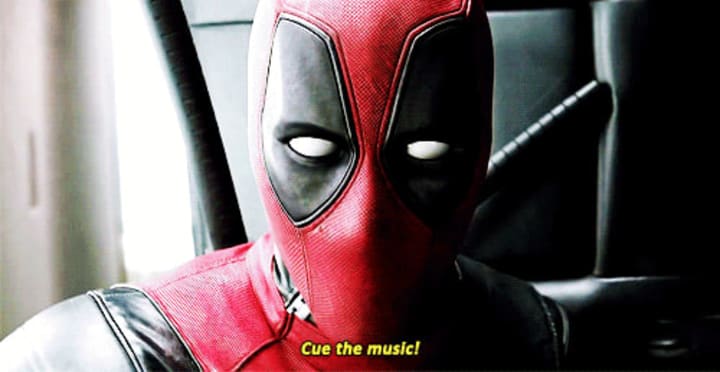
In fact, it is often such a potent and direct form of emotional contact for the viewer that the soundtrack means more to them than the film itself; since 1937, where the soundtrack to Snow White and the Seven Dwarfs was sold separately from the movie, film scores have been another way to appreciate or connect with a film rather than simply watching it onscreen.
Indeed, people can recognise a movie from its score without having seen it previously, and appreciate it on its own merits as a piece of art. Some soundtracks, like the one which accompanies Sofia Coppola's Marie Antoinette (2006) are widely preferred over the movie itself.
Like this writer, there are people out there who love collecting and listening to film soundtracks, reliving the fear of John William’s theme for Jaws (1975), and experiencing the sorrowful beauty of the Schindler’s List score (1993).
This is not to suggest that every film score should be written or sounds like John Williams’ work, but few can deny the rich texture that he applies to a film, and his contributions to classical music as a whole.
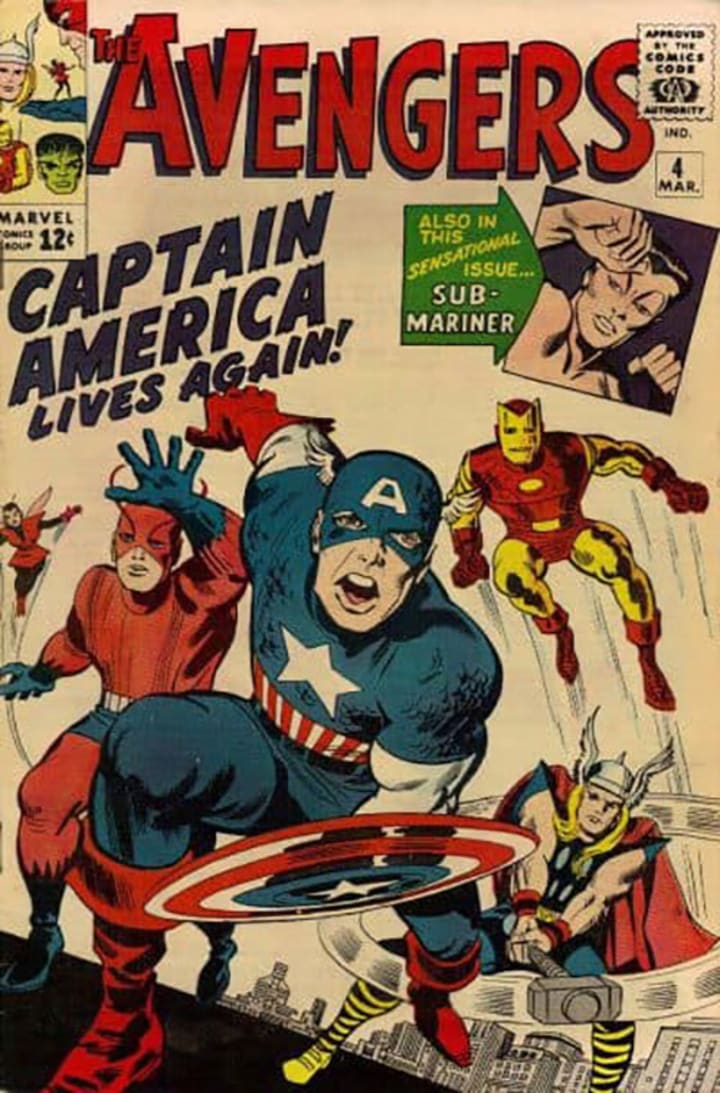
Yet, these are comic book movies aren’t they? Aren’t the visuals and writing more important? Surely the little fanfare that appears in the starting credits is enough?
If that is something that you believe, then think about other franchises that have been mentioned above.
How about Star Wars? Chances are that you think of the 'Opening Credits,' 'The Binary Sunset' theme or 'The Imperial March.'
Harry Potter? The magical tinkling that features in every film. Both of these sagas have recognisable motifs which are carried from movie to movie to emphasise various aspects of the story in changing forms and styles. They even transcend the movie itself.
For example, people have been known to use 'The Imperial March' as ringtones for their boss, to highlight their maniacal, uncompromising and dictatorial qualities which the music connotes.
Similarly, you don’t need to watch Pirates of the Caribbean to feel adventurous; you can get a real sense of it from the soundtrack. These are popular high concept characters and stories which have become synonymous with the innovation and suitability of their scores.
Superheroes such as Superman, Batman or Spider-Man (in his previous cinematic outings with Sony Pictures) have various pieces of music which signify certain things about the tone of their movies. Let’s look at Batman to demonstrate this idea, with the below sections of their scores.
Though essentially he is the same character in all these films, the portrayal of Batman has altered due to different production teams, audience tastes and to define each version from the other.
To that effect, Danny Elfman’s themes for the Tim Burton films emphasise the more theatrical and thrilling aspects of the character, whilst Hans Zimmer’s scores for Christopher Nolan’s trilogy promote the series’ brooding and modern, minimalist tendencies.
It is odd therefore that Marvel, with its meticulous approach to continuity, casting, visual style and above all branding, has not opted to carry this sort of distinguishing over to its musical elements.
This is not to say that Marvel’s efforts are lacking entirely however; the strongest evidence to the contrary is the soundtrack for Guardians of the Galaxy (2014), which is perhaps one of the most accomplished song collections in recent years, being referenced directly in the story itself, as well as suiting its wacky and irreverent tone. And Tyler Bates’ scoring is not half bad either.
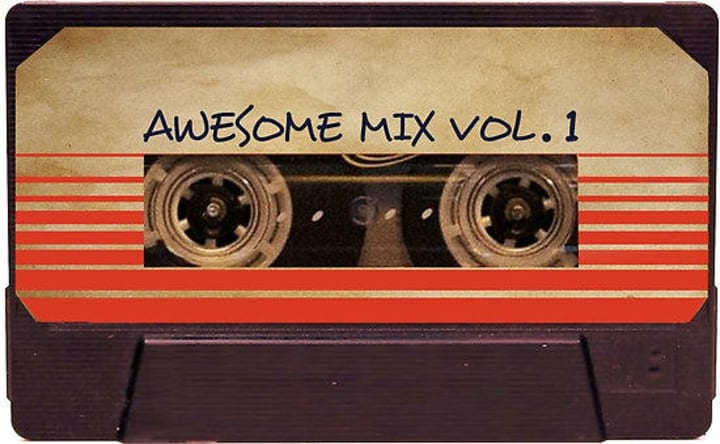
Additionally, Alan Silvestri’s rousing 'Avenger’s Theme' is quite memorable, as is his work for Captain America’s noble and patriotic motif; other notable examples are Henry Jackman’s cold, electronic scream for The Winter Solider character and Patrick Doyle’s epic sounding theme for Thor (2011), but often any form of musical cross pollination between movies is rare.
Nevertheless, we rarely hear Silvestri’s work in Captain America: The Winter Solider (admittedly a different composer is on duty here: Henry Jackman), and the Iron Man Trilogy gets a unique composer for each one, with only Brian Tyler in Iron Man Three (2013) attempting to craft a traditional leitmotif for the character. In fact, looking over the majority of the scores from Marvel Studios, there is rarely any defining traits or theme music.
This seems strange when you think about it, due to the hugely popular iconic characters on show; DC seems to be taking steps to accomplish this musical synergy, by hiring Hans Zimmer to pen the music for Batman vs Superman: Dawn of Justice (2016) after his work on The Dark Knight Trilogy and Man of Steel (2013). Divisive as he is, Zimmer is known for creating strong and memorable music and whilst his future in that franchise remains to be seen, it will be interesting to see where the music of the DC Expanded Universe journeys to.
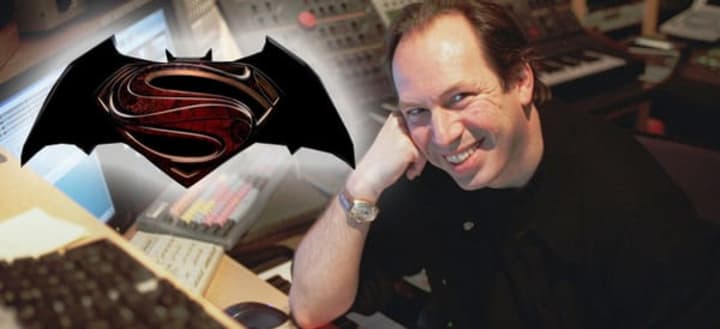
Why is Marvel lacking here though? Is it because the huge disparity between the characters and genres of their movies which makes this transference difficult? After all, The Winter Soldier is a cold action thriller whereas Guardians of the Galaxy is a full blown space opera; how can there be any musical connection between the two?
Some could argue that this sort of challenge is ideal in movie making and could mean more diversity in the music. For example, if Captain America’s theme is a little dated for the modern setting, why could it not be tweaked with added guitars to reflect the contrast? It cannot be too much of a stretch.
Scope is no issue either; film music such as Howard Shore's work on Peter Jackson's The Hobbit and The Lord of the Rings Trilogies worked on an immense scale, with tones and signifiers for each emotion, character, magical race and theme. It seems strange that Marvel doesn't seem to invest the same levels of care and energy as to its music as other studios might.
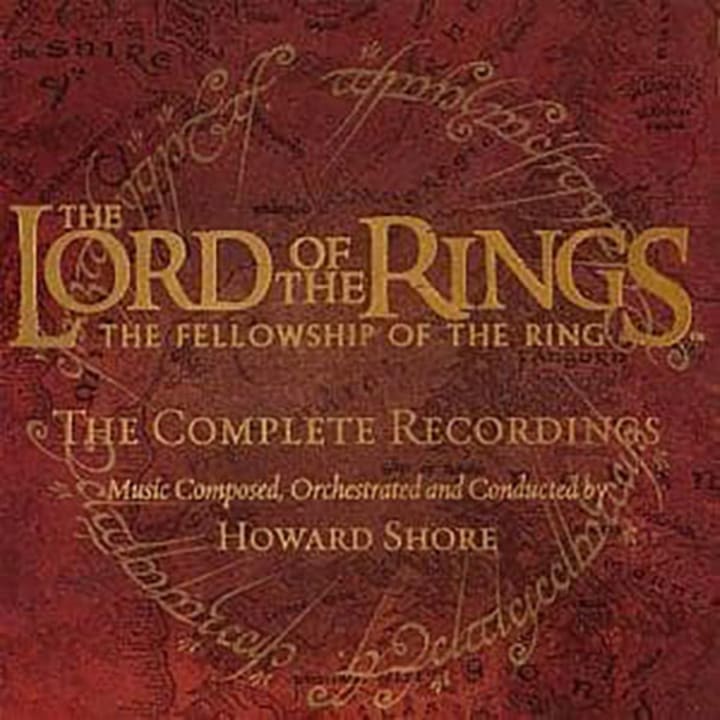
Obviously this problem can’t be remedied instantly (these films have been out for years after all), but a musical overseer of sorts (similar to how Joss Whedon acted to the plots of Phase II) would go some way towards repairing it.
This may seem like this piece is nitpicking the popular franchise, especially since the general moviegoer invariably isn’t bothered by the anthems that they hear, but to many people the music is crucial in understanding what the movie, and the series, is trying to tell us about itself.
Overall, the lack of consistency in Marvel’s soundtracks feels very much like a missed opportunity for a franchise which has shown such craft and dedication to its brand. This isn’t to say that a bombardment of different themes is required, but attention to its music is definitely needed to complete the rich tapestry of these stories.
Its connection to pop culture is undeniable and its output will no doubt be discussed for many years, like its peers Star Wars and The Lord of the Rings. Yet so far Marvel has not managed to achieve this similar iconic nature by capturing the essence of the characters through the right choice of instruments and melodies.
This disparity can be exemplified very simply: try to recall War Machine, or Nick Fury’s music...and now 'The Shire Theme' from The Lord of the Rings.
About the Creator
Max Farrow
A fanatical film-watcher, hill-walker, aspiring author, freelance writer and biscuit connoisseur.
These articles first appeared on Movie Pilot between Jan 2016 and Dec 2017. Follow me on Twitter @Farrow91




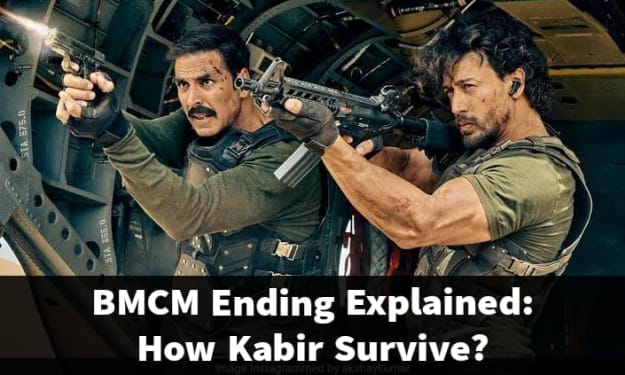

Comments
There are no comments for this story
Be the first to respond and start the conversation.